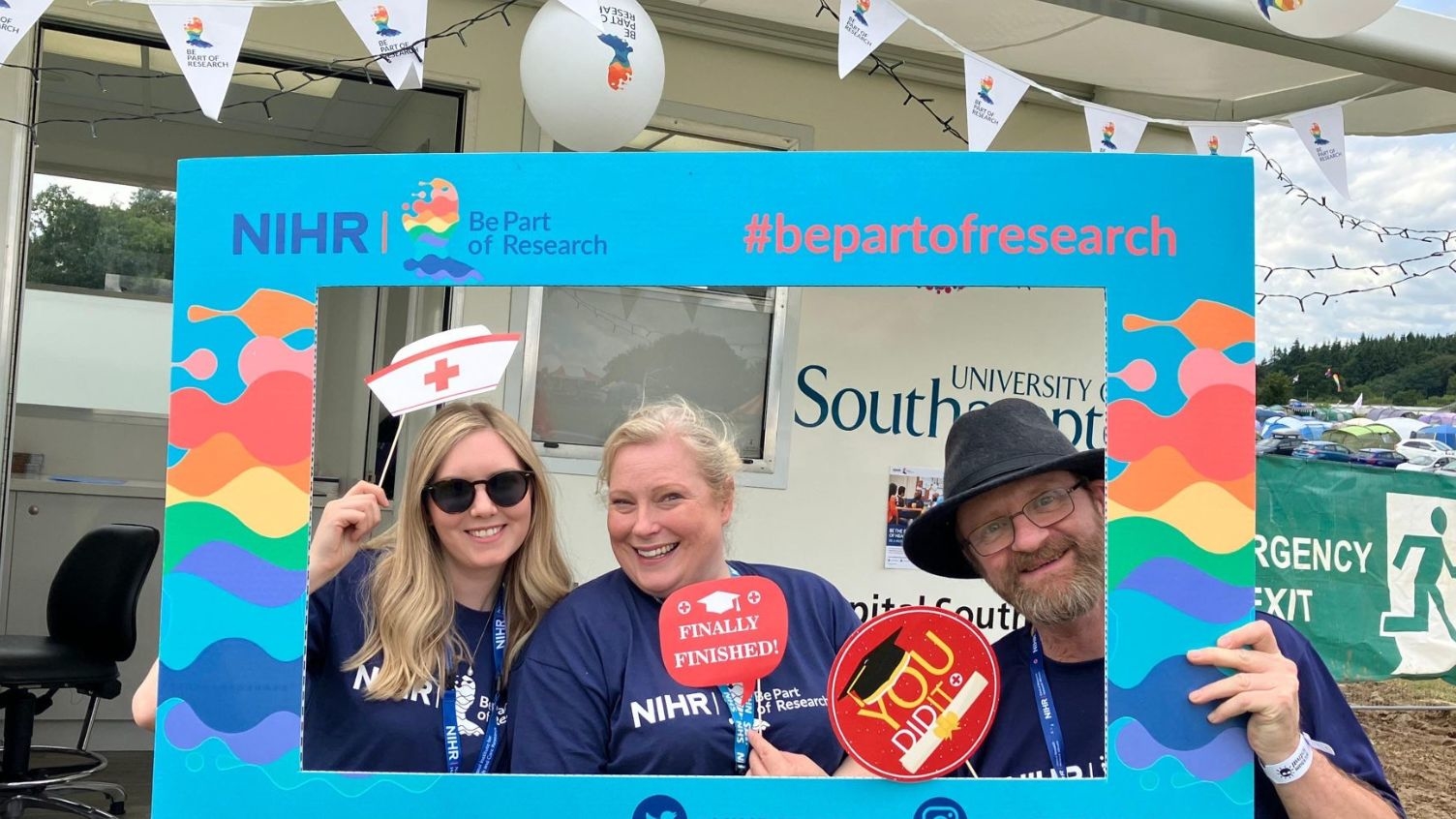Eastern Stroke team’s innovative thinking allows vital research to continue during the pandemic
- 16 March 2021
- 3 min read
Researchers at Cambridge University Hospitals NHS Foundation Trus have adapted a vital stroke study to allow volunteers to join and participate safely at home.
Researchers at Cambridge University Hospitals NHS Foundation Trus have adapted a vital stroke study to allow volunteers to join and participate safely at home.
Over the course of the COVID-19 pandemic, public visits to hospitals across the UK have been limited. This has placed obstacles in the way of recruitment to some research trials, particularly those involving patients at higher risk who have co-morbidities. To address this, researchers at Cambridge University Hospitals NHS Foundation Trust (CUH) have adapted a vital stroke study to allow volunteers to join and participate safely at home.
Before the pandemic, recruitment and assessments of participants to the UK Familial Cerebral Small Vessel Disease Study were carried out face-to-face. As NHS organisations around the country were forced to introduce restrictions to public visits as the pandemic evolved, the Cambridge Stroke Research team began exploring ways to enable the public to continue to take part in the study.
Amy Jolly, Research Assistant on the study, said: "We focused on every part of the process from start to end to see if we could conduct the study fully without putting any participants at an increased risk, which was our absolute priority."
The first stage needing adaptation was the consenting and assessment of volunteers, so the team submitted an amendment to the study Sponsor to change face-to-face study visits to virtual appointments via approved online videoconferencing platforms. Due to COVID-19, the regulatory authorities have streamlined their review and approval process, so once the amendment had been approved by the Sponsor, it could be implemented immediately.
Now, when researchers make an initial call to discuss taking part in the study, the participant can receive it in the comfort of their own home as opposed to having to travel to a hospital. The information sheet and consent form can be sent in the post and, once the participant has had the chance to consider it, it can be returned the same way. Appointments can then be made for remote videoconference 'visits' to carry out the participants' assessments.
Cognitive tests, which were originally carried out with the patient and researcher in the same room, also had to change if they were going to be able to continue. The team worked to adapt the Montreal Cognitive Assessment and The Brief Memory and Executive Test and, with necessary approvals obtained, the tests no longer had to happen within an NHS building.
The research team now sends assessment information to participants prior to their videoconference, including cards that they are asked not to look at until the meeting. Despite it all happening online, researchers are still able to support participants fully while carrying out all necessary tests to complete their assessments.
Finally, to collect the necessary blood samples for genetic and biomarker information, the team have enlisted the help of participants' GP practices. Although MRIs are still processed through the hospital system in order to ensure confidentiality and privacy, participants can now take part in this vital research entirely remotely. Not only is this safer, but elements such as travelling to appointments have also been eliminated making it more convenient for participants to take part.
Professor Hugh Markus, Eastern Stroke Lead for the NIHR Clinical Research Network and Chief Investigator for the study, said: "The team has worked incredibly hard to implement the new approach and, with the help of Trust and GP partners, and the participants themselves, we're delighted that people can continue to be part of vital research that could help improve care for patients in the future."
"The new remote cognitive testing methods developed as part of the UK Familial Cerebral Small Vessel Disease Study are also being adopted by other studies to make research studies more convenient for participants during and, we hope, beyond the pandemic."
The UK Familial Cerebral Small Vessel Disease Study is funded by the British Heart Foundation with support from the NIHR. If you would like more information about this, and other studies being delivered by the Cambridge Stroke Research team, visit www.cambridgestroke.com.
To find out more about wider research happening near you, visit bepartofresearch.uk.


